Constipation most often occurs when intestinal contents are lodged in the gastrointestinal tract (specifically, in the large intestine). It is less common for stool to be in the terminal gastrointestinal tract. It is prolonged retention of intestinal contents in the rectum. Long retention makes expulsion more difficult.
By absorbing water, the intestinal contents thicken faster. Then, the resulting stool decreases in volume but becomes harder.
On average, a person defecates from three times a day to three times a week. When an individual's norm is prolonged, it may indicate constipation. Several reasons determine the frequency of stools and their characteristics. It is not necessarily related to disease, but, for example, diet. Constipation is, therefore, often harmless but may be related to certain conditions.
The slow movement of stool gives characteristic symptoms that are easy to recognize. There are also accompanying symptoms that often occur in addition to constipation. These are various discomforts related to the digestive system. Symptoms of constipation are as follows:
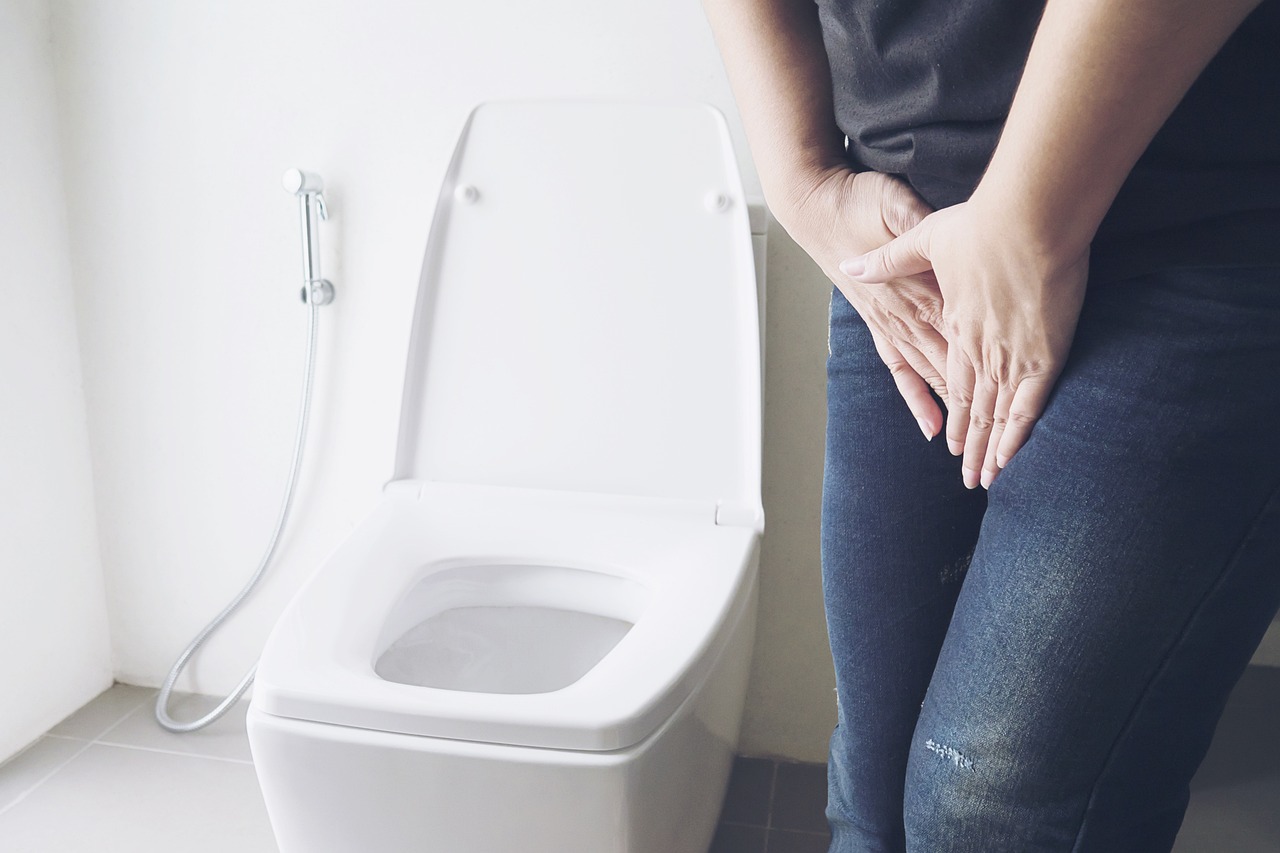
In the diagnosis of constipation, the frequency of bowel movements and difficulty in defecation should be evaluated. Of particular importance is the time since the last bowel movement. Often there is a feeling of incomplete defecation as if complete defecation is impossible despite effort. Additional symptoms are mainly abdominal pain and bloating. Nausea and lack of appetite may also occur.
Constipation occurs because weak muscle contractions in the colon slow the movement of the stool as it approaches the rectum. The causes of this can vary. Constipation can happen to any person, but there are certain groups of patients in whom it can occur with greater frequency. Constipation is much more common in children![]() . The reasons for constipation include:
. The reasons for constipation include:
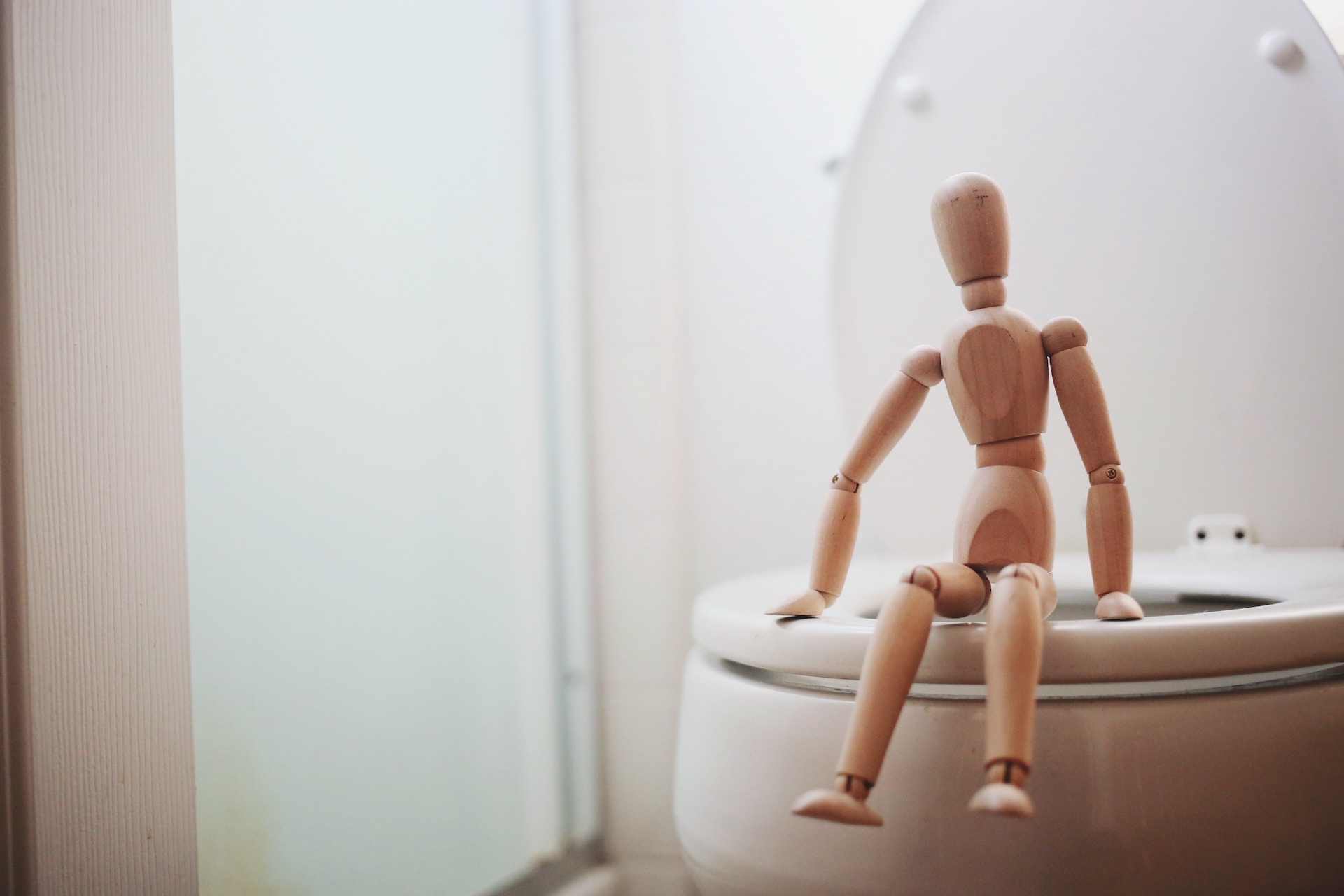
Taking certain types of medications – constipation often occurs when there are some changes in the body. Providing unusual substances that are found in medications can disrupt the digestive system. Among other things, pain-relieving drugs can contribute to constipation. Also, too frequent use of muscle relaxants can cause constipation.
Unhealthy lifestyle – this is a common and underestimated problem. First, diet influences constipation – irregular and improper nutrition increases the risk. Also, a low amount of water in the food can affect the difficulty of defecation. Lack of physical activity can contribute to constipation, as the body digests far less efficiently at rest.
Sudden life changes – Constipation can happen when we change our daily routine, such as when we travel. Changes of residence, change of diet, change of lifestyle – many changes can lead to anomalies in the digestive system. Changes are also often accompanied by stress, increasing the risk of constipation.
Gastrointestinal disorders: Constipation is a typical symptom of various diseases related to the digestive system. They occur with a variety of cancers – for example, colon cancer. The cause of constipation can also be rectal varices or ascites. Irritable bowel syndrome is a common cause of constipation.
Diseases – in other conditions, constipation is also an important symptom. They occur in nervous system diseases – such as diabetic neuropathy, cerebrovascular disease, or Parkinson's disease. Metabolic disorders and thyroid disorders can also lead to constipation.
Long-term stress – chronic stress always reflects poorly on health. In stressful situations, the body releases stress hormones. They cause the body to divert blood flow from the intestines to vital organs – such as the heart, lungs, and brain. As a result, bowel movements become slower, and constipation can occur. Psychogenic constipation![]() is caused by chronic emotions and stress affecting the nervous and endocrine systems.
is caused by chronic emotions and stress affecting the nervous and endocrine systems.
Mental factors – mental disorders can even cause constipation. Mental state and digestive problems are highly dependent on each other. Negative emotions, such as anxiety and anger, also contribute to releasing stress hormones. Therefore, constipation can occur in depression or anxiety.
Constipation is a condition that will occur in every person at least once in their lifetime. When it is an occasional occurrence, it is not a health risk. In contrast, sometimes, constipation becomes a significant problem. This happens when they take on a chronic form. Then it is essential to determine the cause. If it cannot be eliminated, regular constipation requires an examination of the digestive tract.
Chronic constipation can usually be associated with slowed intestinal transit. But the cause can also be disease, discovered accidentally by the unpleasant symptoms of constipation. With this type of constipation, changing lifestyle and implementing treatment is necessary. Untreated chronic constipation can lead to complications and also impede daily functioning.
Chronic constipation can lead to complications, so it is better not to underestimate the problem. The diagnosis of constipation should result in the immediate implementation of therapeutic management. This will minimize the risk of complications, which are as follows:
Untreated constipation can give increasingly uncomfortable sensations. Abdominal pain![]() increases, and there are problems with food intake. Nausea and vomiting
increases, and there are problems with food intake. Nausea and vomiting![]() may occur. Among the more severe complications is impaired drug absorption, making treatment more difficult. Meanwhile, gastrointestinal obstruction is a hazardous condition.
may occur. Among the more severe complications is impaired drug absorption, making treatment more difficult. Meanwhile, gastrointestinal obstruction is a hazardous condition.
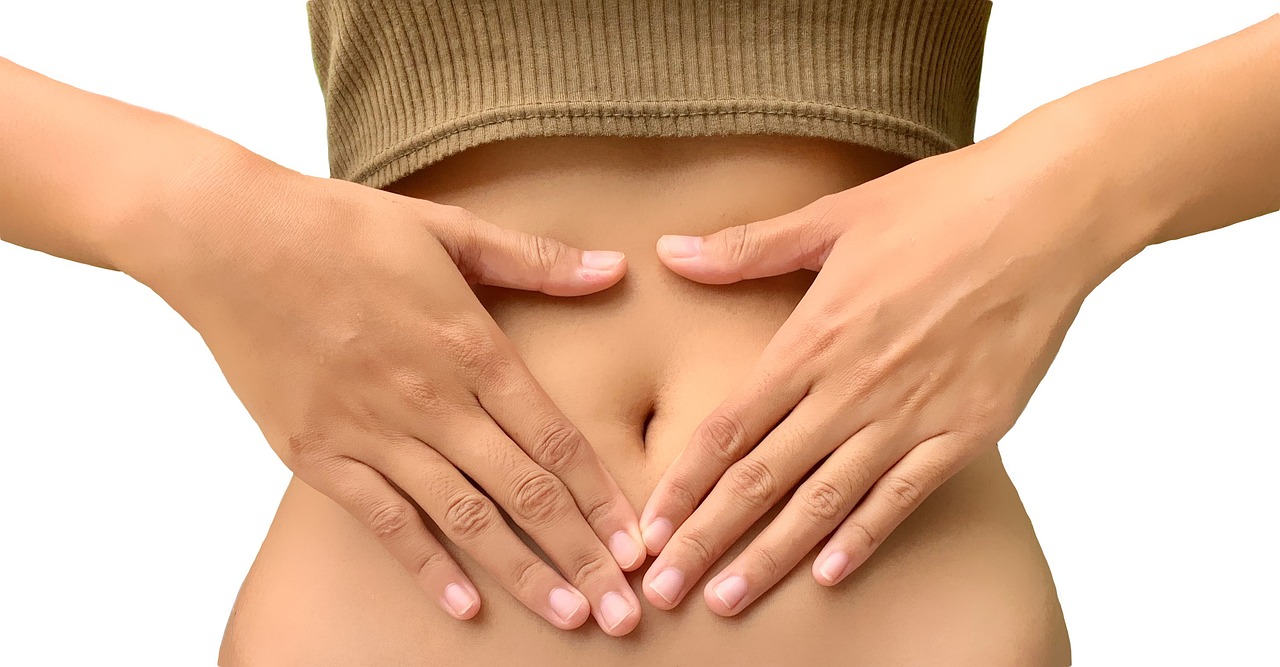
In the diagnosis, it is essential to trace the patient's medical history and examination carefully. The doctor interviews the patient to determine the cause, which is often poor diet. However, sometimes additional tests are needed. Either a blood count or a laboratory stool test is functional. In some cases, more thorough tests are required to confirm the presence of diseases.
In most cases, the first line of treatment for people suffering from chronic constipation is laxatives![]() . Advanced diagnostic testing is only recommended if initial therapy is ineffective. Therapy includes identifying and eliminating the causes of constipation and lifestyle changes.
. Advanced diagnostic testing is only recommended if initial therapy is ineffective. Therapy includes identifying and eliminating the causes of constipation and lifestyle changes.
To avoid constipation, one should strive to regulate one's lifestyle, as the causal determinant of constipation can be seen in it. A proper diet and a healthy lifestyle are also recommended for treating constipation, as they increase the effects. Appropriate conditions for bowel movements – calmness and lack of haste – are also significant. The bowel movement should be calm, without excessive pushing.
Since constipation is related to the gastrointestinal tract, a proper diet is essential for its occurrence. For people suffering from constipation, products containing fiber![]() are recommended. Therefore, vegetables, fruits, and multi-grain products should be included in the diet. Fiber travels through the entire digestive tract. It absorbs water and loosens fecal masses. As a result, it speeds up their elimination, facilitating regular bowel movements.
are recommended. Therefore, vegetables, fruits, and multi-grain products should be included in the diet. Fiber travels through the entire digestive tract. It absorbs water and loosens fecal masses. As a result, it speeds up their elimination, facilitating regular bowel movements.
In addition, patients should take in large amounts of fluids![]() . Too little daily fluid supply contributes to drying out fecal masses that lodge in the intestine. Patients should also include products containing probiotics
. Too little daily fluid supply contributes to drying out fecal masses that lodge in the intestine. Patients should also include products containing probiotics![]() – such as yogurt – in their diet. They positively influence intestinal function. Heavily digestible products should be avoided—for example, legumes, which aggravate constipation and excessive bloating. Chocolate containing large amounts of cocoa and alcohol should also be avoided.
– such as yogurt – in their diet. They positively influence intestinal function. Heavily digestible products should be avoided—for example, legumes, which aggravate constipation and excessive bloating. Chocolate containing large amounts of cocoa and alcohol should also be avoided.

In addition to a proper diet, you should also take care of the amount and timing of your meals. Regular meals eaten at standard times are significant. It is recommended to eat more small meals. Large ones in volume can cause gas production and lead to digestive problems. Therefore, one should not overeat at that time. Foods should be eaten slowly and thoroughly. Chew food carefully; swallowing too quickly can have an adverse effect.
To lead a healthy lifestyle, physical activity is essential. Also, it has a positive effect on the digestive system. It has been proven that physical activity improves intestinal motility and prevents constipation. In addition, it normalizes appetite and reduces the risk of such digestive diseases.
It can be any physical activity that you enjoy. Like walking or cycling. Staying on the move is essential so digestion will be more efficient. A sitting position is recommended if the patient has to stay in bed. Continuous lying down position can hinder digestive processes and bowel movements.
Constipation is a common problem that has many causes. Most often, harmless constipation is caused by an unhealthy lifestyle. Diet is essential for the occurrence of constipation. Difficulty in defecation is a characteristic symptom. Other discomforts, such as abdominal pain, may also accompany this.
However, constipation should not be underestimated. It is necessary to determine the cause, which may be various diseases. Chronic constipation can also be a severe problem. This type of constipation can lead to complications.
Constipation therefore requires treatment. Most often, laxatives are initially administered. If this does not help, other therapies are used. Constipation involves lifestyle changes, especially diet. It is recommended to consume large amounts of fiber.
Table of Contents

Flatulence is the excessive accumulation and release of gases. See what are the causes of this condition. What to do… read more »
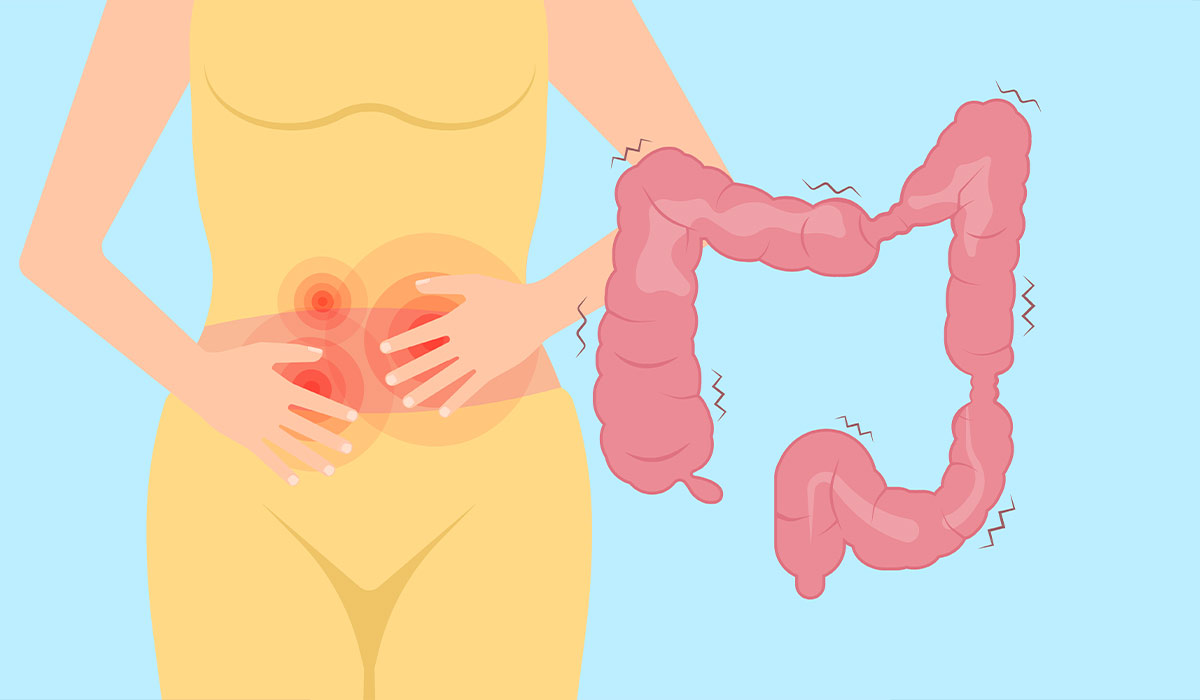
It is estimated that 5-10% of the world population has been diagnosed with Irritable bowel syndrome. This common and lifelong… read more »
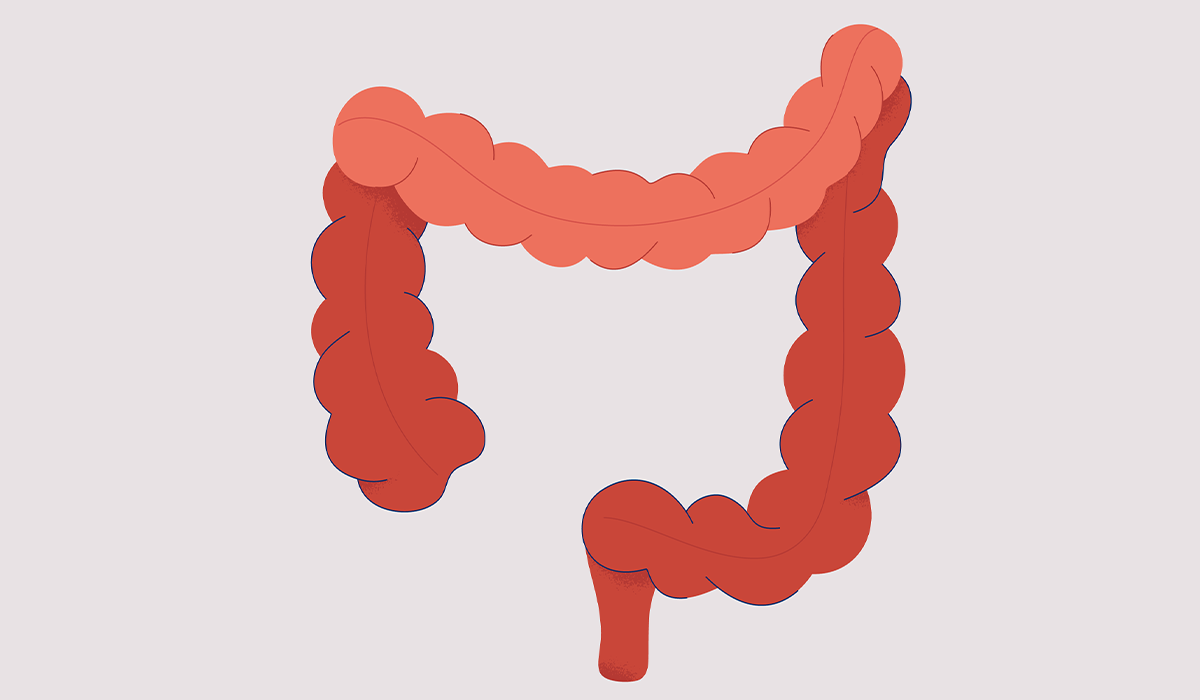
The colon is part of the large intestine and is essential for the digestive system. Some signs may indicate problems… read more »
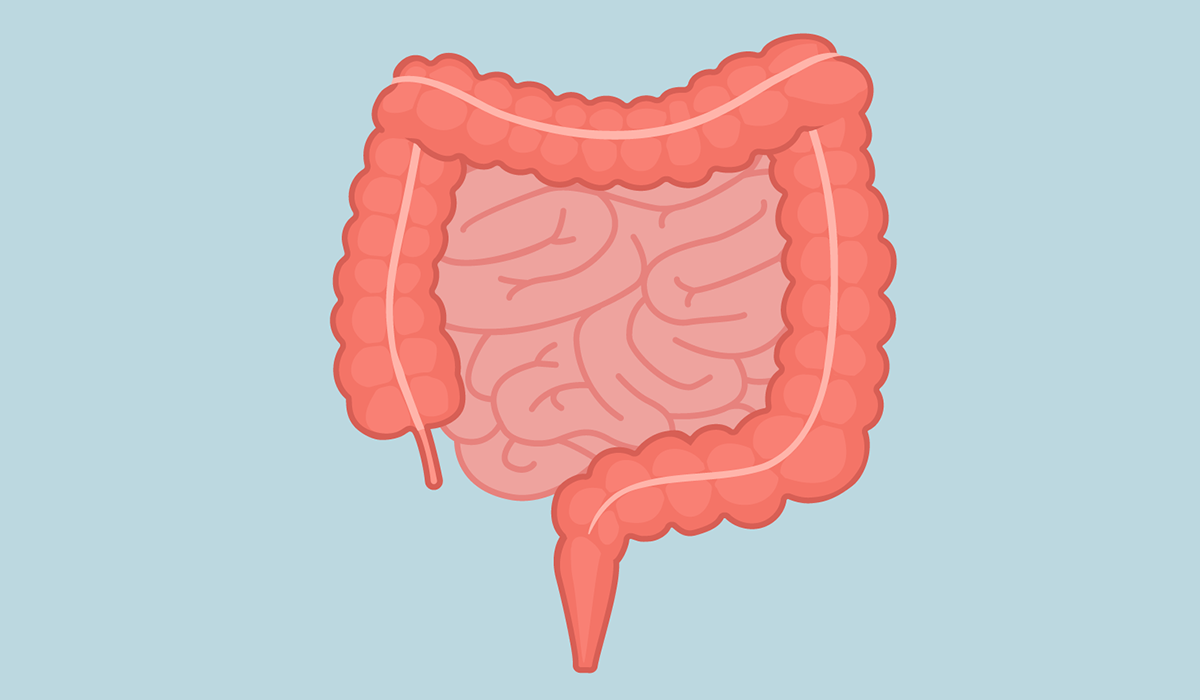
The term “bowels” refers to the gastrointestinal tract, specifically the intestines. They are divided into two main parts: the small… read more »

Hemorrhoids are swollen veins in the anal canal. They are accompanied by various symptoms – how to recognize them? What… read more »
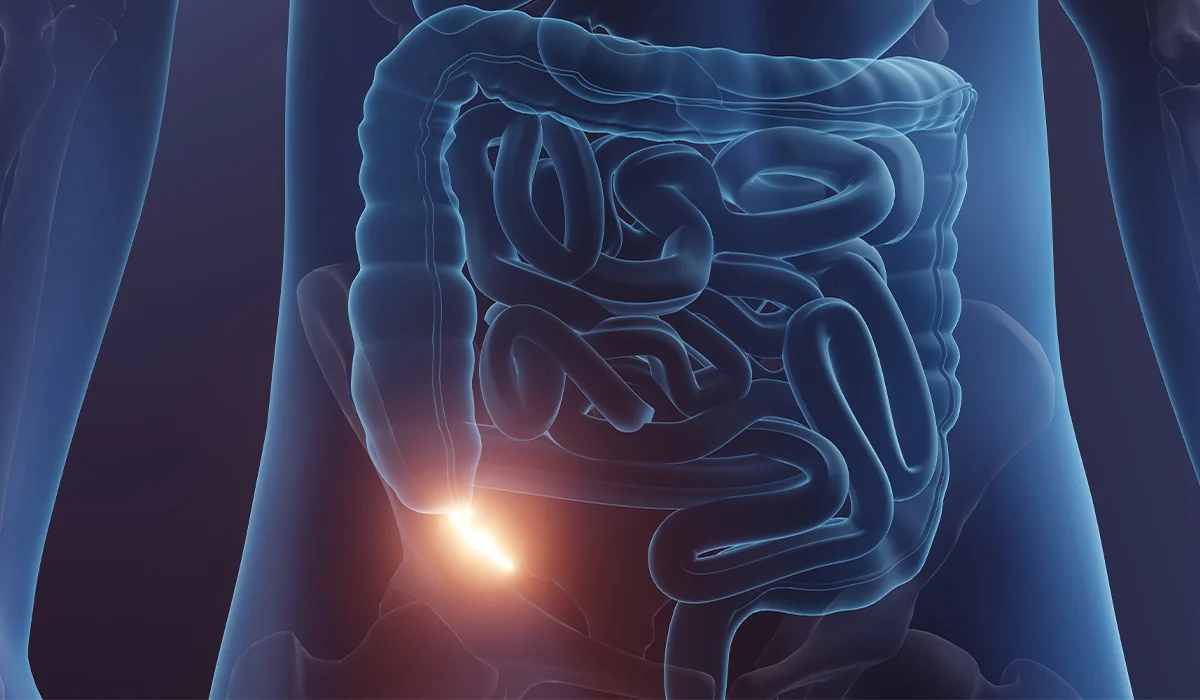
Appendicitis has various forms. Most often it appears as an acute inflammation requiring immediate medical intervention. Learn the most important… read more »

A hernia occurs when an internal organ pierces a weak spot in a muscle or tissue. What symptoms does it… read more »
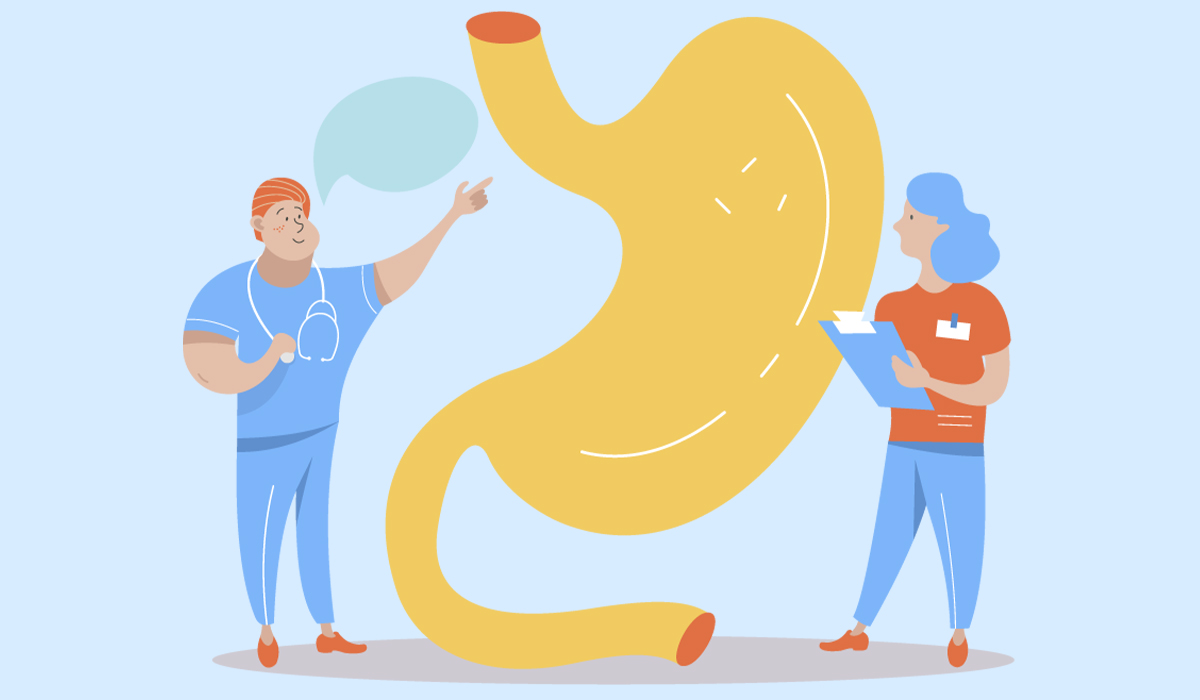
A gastroenterologist deals with the diagnosis and treatment of diseases of the human digestive system. What does a visit to… read more »

Do you know how eating high fiber foods will affect your health? Learn all about fiber and how it affects… read more »